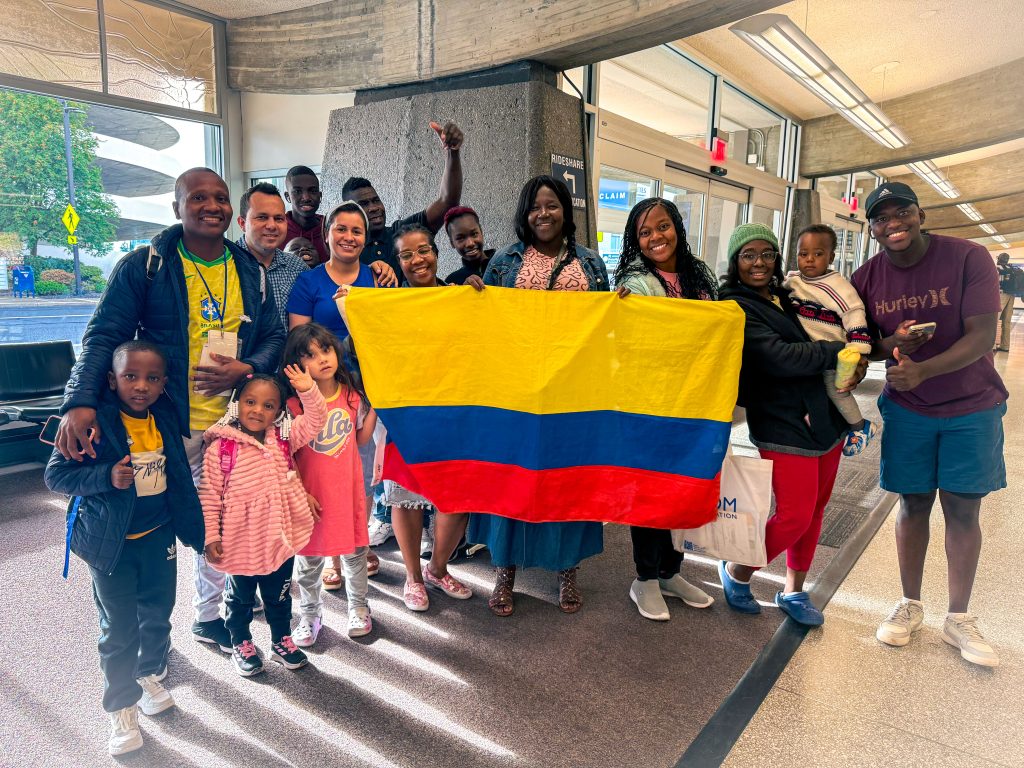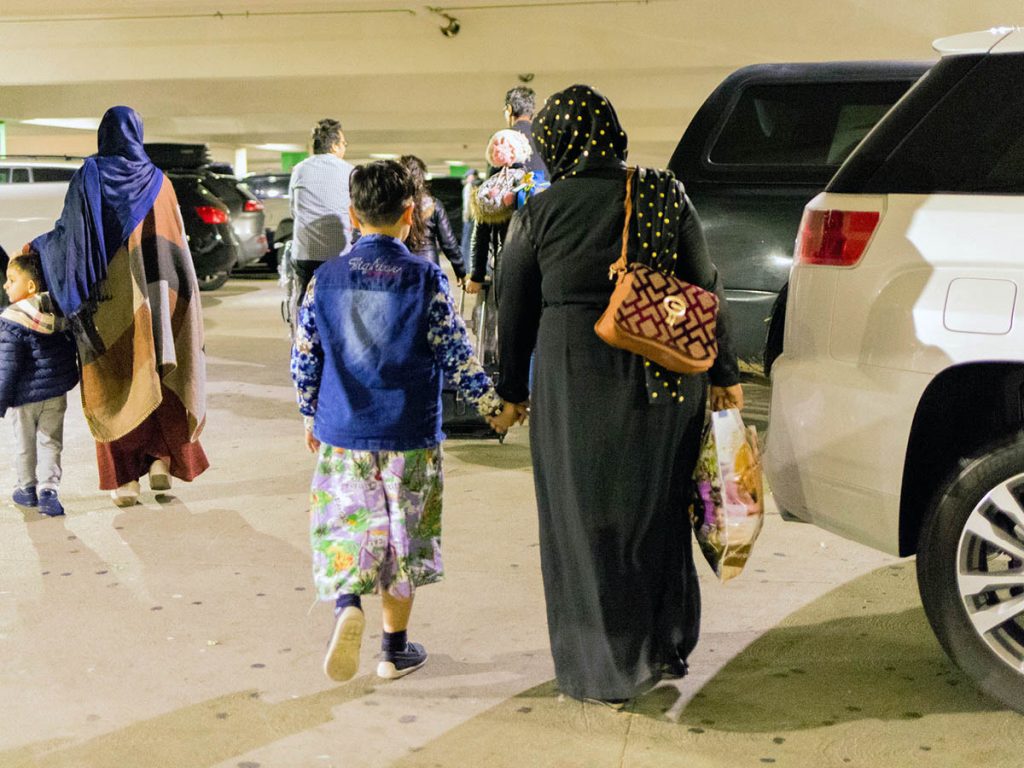Refugees Undergo the Most Rigorous Vetting Procedures to Enter the United States
|
Getting your Trinity Audio player ready...
|
It’s a question we’ve all heard – is it safe to welcome refugees into the country? Concerns about safety are understandable. That’s why it’s crucial to understand that refugees undergo the most rigorous vetting procedures of any individuals entering the United States – ensuring their safety and the safety of our communities.
Refugees admitted through the U.S. Refugee Admissions program already are subjected to the most thorough vetting of any category of visitor or immigrant to the US. (Heritage Foundation)
Refugees must submit their cases to UNHCR to qualify for resettlement
To be registered as a refugee, an individual must submit their case to the United Nation High Commissioner for Refugees (UNHCR) and prove that they meet the definition of a refugee.
According to the 1951 Refugee Convention, “[A refugee is] someone who is unable or unwilling to return to their country of origin owing to a well-founded fear of being persecuted for reasons of race, religion, nationality, membership of a particular social group, or political opinion.”
UNHCR collects identifying documents and biodata (i.e. name, address, country…). For those from the Middle East and Syria, biometric data (i.e. fingerprints, iris scans…) is also collected. While the data is being cross examined, applicants attend several interviews to ensure their claims are valid. If the applicants pass the inspections, they are registered as refugees.
Just because someone is registered as a refugee, they are not guaranteed to be resettled in another country. In fact, less than one percent of all 120 million refugees worldwide are even considered for third country resettlement. Spokane receives only a drop in the bucket – having welcomed 743 refugees in the past year.
When it comes to resettlement in the U.S., refugees go through the most thorough vetting process of all legal immigrants – taking up to 36 months.
“For UNHCR you have to pass the first interview – and the second… is the resettlement to come into America.”
Mario, Former Refugee
Those who are offered resettlement in the United State undergo prescreening interviews and biographic checks conducted by the federal government The information gathered is cross checked with the information provided by UNHCR.
Following the initial screening, The US Department of Homeland Security (DHS) conducts further interviews and collects biometrics. This information is then cross-referenced with law enforcement databases, including those maintained by the Department of Defense (DOD), FBI and DHS databases. If the applicant has any connection with human rights violations or terrorist groups, they are automatically excluded from consideration.
Those who pass the security checks undergo a medical examination to determine if each individual is fit for travel. If approved, the family or individual is assigned to a resettlement agency (like World Relief), attends cultural orientation and arranges for travel to the U.S. Refugees often receive limited information about their resettlement destination.


“Back then, they didn’t even tell you where they were taking you. You just arrive here, and they are like, OK, you are in Spokane Washington…Ok! Where do we go?”
Aimee Pacifique Byiringiro, Kinyarwanda Community Ambassador
The final step in the resettlement process occurs after they arrive at an American airport (in our case it’s Spokane) where U.S. Customs and Border Protection conducts one last security check before welcoming the family to home. The entire process can take up to 36 months, but our newcomers tell us – it is worth the wait!
Learn more about the refugee experience
Refugee simulations: World Relief has hosted refugee simulations for hundreds of university students, educators, churches and community organizations. Participants gain a deeper understanding of who refugees are, why they flee their homes, their countries of origin, and the resettlement process in the United States. People often tell us these simulations radically change their understanding of who refugees are, their journey, and the resettlement process. Request a simulation today!
Continue reading: Follow the journey of a newly arrived family during their first week in Spokane.

About the Author
Keri Bambock is the Communications Coordinator at World Relief Spokane. Her hobbies include sketching and painting. She likes riding her bike to the office and always gets the best parking spot.

